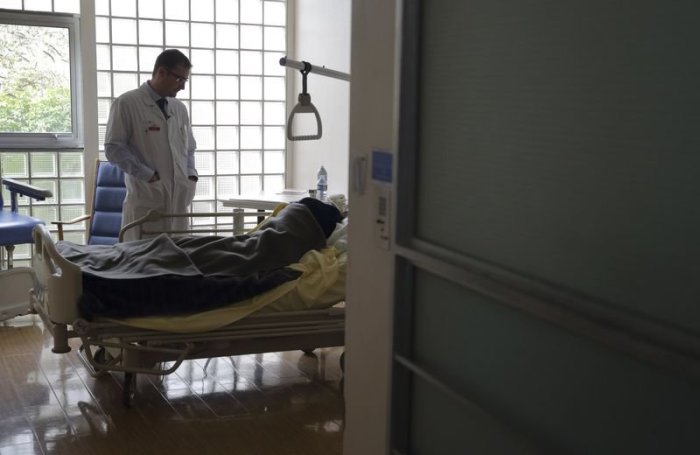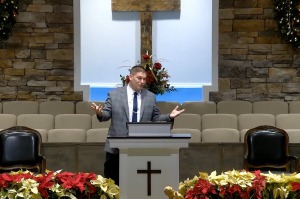Church of England will oppose assisted dying bill ahead of synod, senior official says

The Church of England will adamantly oppose a proposed bill seeking to legalize assisted suicide in the United Kingdom because it "undermines the intrinsic value of every human life," according to the denomination's senior-most lay leader.
William Nye, the secretary-general of the Church of England General Synod, spoke out against the Assisted Dying Bill introduced in the House of Lords ahead of a scheduled meeting of the denomination's leaders next month.
"The Church of England has been adamant in its rejection of a change in the current law in Parliament, in the media and among medical professions," Nye told The Times.
The Assisted Dying Bill, which would enable terminally ill adults to end their own lives, was introduced by Baroness Molly Meacher last year. Meacher serves as the chairwoman of the group Dignity in Dying. She said in late April there is enough support in Parliament to pass the legislation.
The bill was still in the committee stage as of April, the end of the parliamentary year as the bill is opposed by Prime Minister Boris Johnson.
"This option would enable terminally ill, mentally competent people whose suffering is beyond the reach of palliative care to die well and on their own terms, should they choose it," Meacher said in introducing the bill.
"And it would also provide comfort and control to countless more who may never avail themselves of this option but would be comforted by the simple fact of its existence."
The Church of England synod is scheduled for next month. Lay member Dr. Simon Eyre has proposed a motion to confirm the leaders' opposition to the proposed law.
Nye said such a law could put pressure on people to end their lives. He believes "a change in the law would undermine the intrinsic value of every human life."
Meacher said the church is "out of touch" with its members because polling has shown that a majority of Christians favor assisted suicide, according to The Times.
Nye contends that opinion polls "are not a valid means to test ethical arguments."
"Opinion polls not only rely upon questions which lack nuance or context, they also invite people to imagine themselves into a situation in which most people have no relevant experience," he said, adding that "no new or better arguments to the contrary have been advanced by any of the lobbyists for assisted suicide."
Last October, Boris Johnson said he would not back the proposed change in the law.
The Archbishop of Canterbury Justin Welby and the U.K.'s former Prime Minister Gordon Brown warned that the bill would "undermine the sanctity of life" and could pressure the frail and vulnerable to end their lives.
Welby and Brown signed a joint letter with Cardinal Vincent Nichols, president of the Catholic Bishops Conference of England and Wales; and Ephraim Mirvis, the Chief Rabbi of Ireland.
"By the faiths we profess, we hold every human life to be a precious gift of the Creator, to be upheld and protected," they wrote. "All people of faith, and those of none, can share our concern that the common good is not served by policies or actions that would place very many vulnerable people in more vulnerable positions."
Gordon also wrote in an op-ed for The Times.
"If death were to become not just an option but something close to an entitlement through the bureaucratic processes that an act of parliament's provisions impose, we would, in my view, be altering fundamentally the way we think about mortality," Brown wrote.
"The risk of pressures, however subtle and indirect, on the frail and the vulnerable, who may feel their existence burdensome to others, cannot ever be entirely excluded. And the inevitable erosion of trust in the caring professions — if they were in a position to end life — would be to lose something very precious."





























